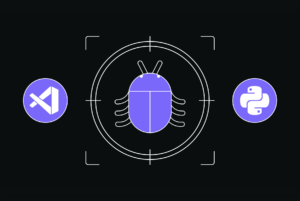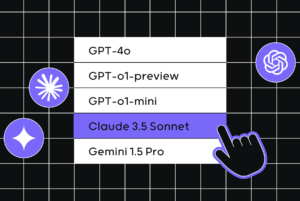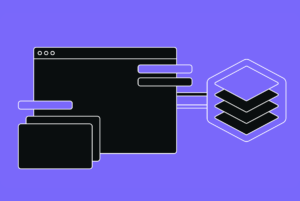Unlocking the Potential of Code Generation in Software Development
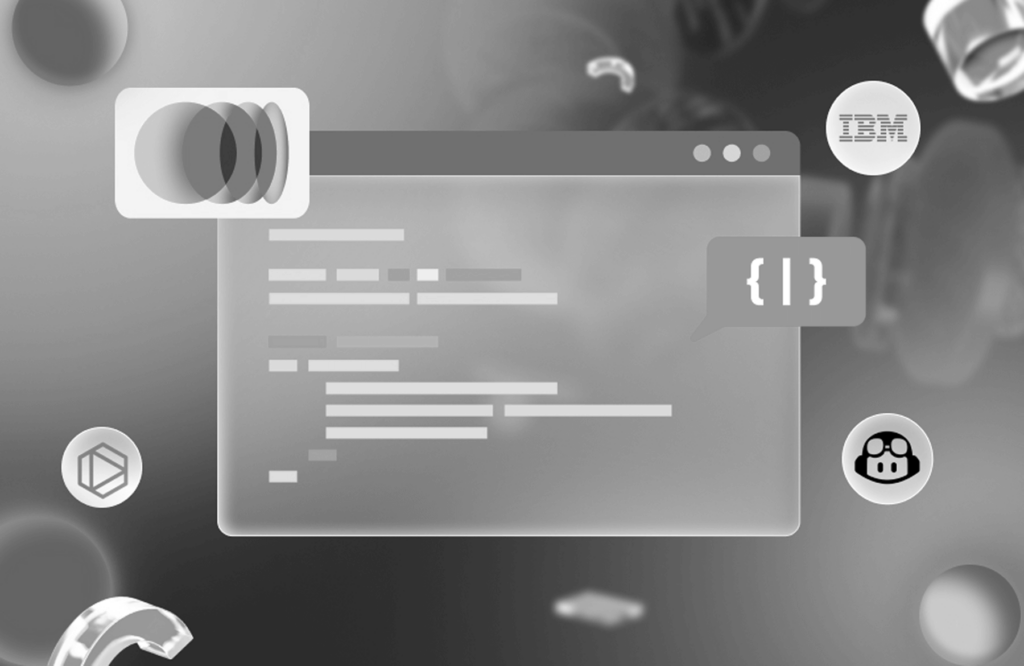

Software development is constantly evolving, and one of the most exciting advancements is the rise of generative AI for coding. This technology revolutionizes how developers approach their craft, offering a powerful tool to streamline workflows, improve efficiency, and even enhance code quality.
Generative artificial intelligence (AI) solutions streamline software development by simplifying code writing for developers of varying expertise. Users can input a text prompt describing the desired code functionality, and the AI tool automatically generates the code. Additionally, it can update older code and translate between programming languages.
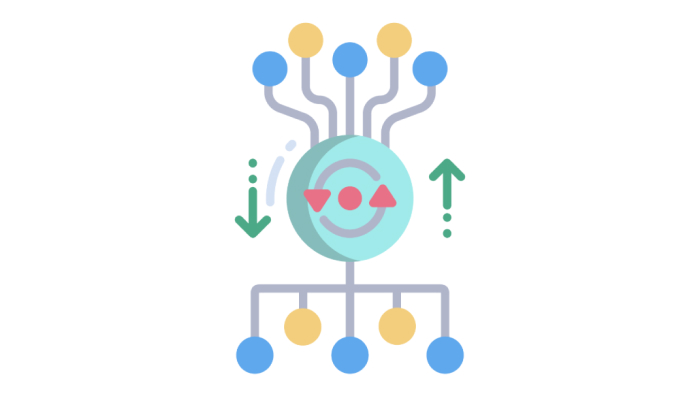
By integrating AI into the development process, these solutions offer high-quality code suggestions tailored to user input. These auto-generated suggestions enhance developer productivity, streamline workflows, reduce context switching, and minimize mental strain. Moreover, they aid in identifying coding errors and potential security risks.
How does generative AI facilitate code generation?
Generative AI for coding has become feasible due to recent advancements in large language model (LLM) technologies and natural language processing (NLP). This approach leverages deep learning algorithms and expansive neural networks trained on extensive datasets of diverse existing source code, harnessing publicly available code from open-source projects for training purposes.
Programmers input plain text prompts outlining the desired code functionality. Generative AI tools propose code snippets or entire functions, simplifying the coding process by automating repetitive tasks and minimizing manual coding efforts. Additionally, generative AI can facilitate code translation between different programming languages, streamlining projects involving code conversion or modernization, such as updating legacy applications by converting COBOL to Java.
Despite the increasing accuracy of code generated by generative AI and LLM technologies, it may still contain errors and require human review, editing, and refinement. Some generative AI for code tools automatically generate unit tests to aid this process.
What advantages does generative AI offer for code development?
Generative AI software for code simplifies the coding process, catering to a wide array of programming languages and frameworks and ensuring accessibility for developers of varying skill levels.

The benefits of AI-driven code generation tools are threefold:
- Time Savings: By accelerating the code generation process, developers can swiftly produce code, alleviating the need for extensive manual coding. This efficiency grants developers more time to dedicate to strategic tasks, cultivating innovation and problem-solving.
- Enhanced Testing and Debugging: Generative AI streamlines code development’s testing and debugging phases, swiftly identifying and rectifying errors. This capability ensures the production of high-quality code while minimizing development time.
- Accessibility for Non-developers: Generative AI opens the code development world to individuals without extensive programming backgrounds. Through intuitive interfaces and automated processes, non-developers can participate in code creation, fostering collaboration and innovation across diverse teams.
[blog-subscribe]
How does generative AI for code compare to low-code and no-code solutions?
Generative AI, low-code, and no-code platforms aim to expedite code generation processes. However, while low-code and no-code tools rely on prebuilt templates and component libraries, generative AI operates differently. Low-code and no-code platforms empower users, regardless of coding proficiency, to swiftly create and modify applications through visual interfaces and intuitive controls like drag-and-drop, concealing the underlying code.
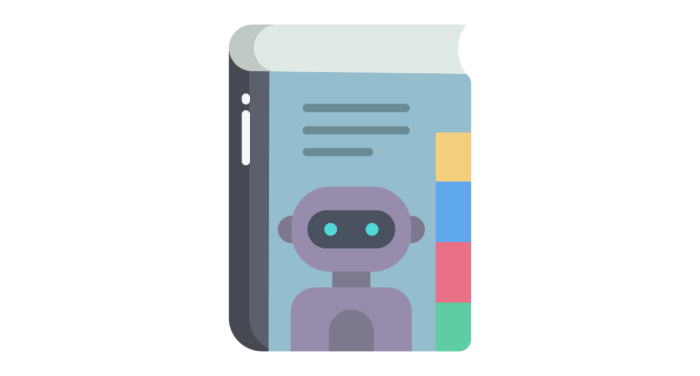
In contrast, generative AI for code software doesn’t rely on preexisting templates or component libraries. Instead, it interprets developers’ plain-language prompts and proposes code snippets from scratch to achieve the desired outcomes.
While low-code and no-code solutions primarily target non-developers and business users, generative AI for code software is versatile, catering to professional developers and other users seeking streamlined code-generation processes.
Examples of currently available generative AI code generation tools
qodo (formerly Codium)
qodo (formerly Codium) emerges as a leading tool empowering developers to elevate their coding endeavors with the prowess of AI.

Setting itself apart from other tools, qodo (formerly Codium) offers distinctive features tailored to enhance the coding experience.
Key Features
- Precise Code Suggestions: qodo (formerly Codium) meticulously analyzes your code, offering tailored suggestions encompassing best practices such as adding docstrings and implementing exception handling. These suggestions seamlessly integrate into the source code, enhancing its quality and maintainability.
- Automated Test Generation: qodo (formerly Codium) facilitates the rapid generation of accurate and dependable unit tests without manual intervention by streamlining the validation process for large codebases. This feature saves considerable time and effort while ensuring robust test coverage for your code.
- Comprehensive Code Behavior Coverage: By prioritizing the attainment of high-quality code, qodo’s (formerly Codium) “Behavior Coverage” functionality enables the generation of test cases that comprehensively cover various code behaviors. These test cases can seamlessly apply to the source code, ensuring thorough testing and refinement.
- Extensive Language and IDE Support: qodo (formerly Codium) boasts support for popular programming languages, including Python, JavaScript, and TypeScript. Moreover, it seamlessly integrates with leading integrated development environments (IDEs) such as VSCode, WebStorm, IntelliJ IDEA, CLion, PyCharm, and JetBrains, ensuring compatibility and versatility across diverse development environments.
The Challenge of Writing Code with AI
Traditionally, AI has excelled at processing natural language. However, generating code presents a unique challenge. Code requires strict adherence to syntax rules, handling both normal (happy path) and unexpected (edge case) situations, with meticulous attention to problem details. These factors limit the effectiveness of techniques used in natural language generation for code creation.
Introducing qodo (formerly Codium) Flow: A New Code Generation Tool
Let’s introduce you to qodo (formerly Codium) Flow by qodo (formerly Codium), a groundbreaking approach to training large language models (LLMs) for code generation. This multi-stage, iterative process is designed for code, utilizing tests to significantly improve LLM performance on code-related tasks.
Qodo (formerly Codium) Flow Delivers Superior Results
Qodo (formerly Codium) Flow was evaluated using a challenging dataset, CodeContests, featuring competitive programming problems. The results were impressive, demonstrating consistent and substantial improvements. For example, using qodo Flow with GPT-4 nearly doubled its accuracy on the validation set compared to using a single, well-designed prompt. Additionally, qodo Flow outperformed previous code generation tools like AlphaCode, requiring significantly fewer computational resources. To learn more about qodo (formerly Codium) Flow, take a look at this research paper.
Broader Applications and Open-Source Initiative
The principles developed for qodo (formerly Codium) Flow hold promise for use in various code generation tasks beyond competitive programming problems. In the spirit of fostering further research, qodo (formerly Codium) Flow is completely open-source. This includes the solution for CodeContests, a complete dataset, evaluation tools, and benchmarking scripts. This allows anyone to contribute and explore the possibilities of qodo (formerly Codium) Flow as a powerful code generation tool.
IBM watsonx Code Assistant
IBM watsonx Code Assistant assists developers in writing code by providing AI-generated recommendations that cater to users of all experience levels.
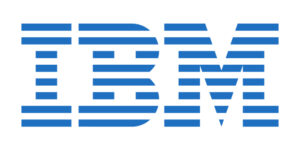
Developers can submit requests in plain language or use existing source code to generate code tailored to specific use cases. Watsonx Code Assistant comes with pre-trained models tailored to specific programming languages, ensuring accuracy and efficiency in code generation.
GitHub Copilot
GitHub Copilot serves as a pre-trained AI model and code completion tool capable of writing code across various languages, including JavaScript, Go, Perl, PHP, Ruby, Swift, and TypeScript, as well as working with HTML and CSS.

Utilizing machine learning, it suggests code based on contextual cues, conducts code analysis for vulnerabilities, and seamlessly integrates into integrated development environments (IDEs) such as Visual Studio Code, Visual Studio, Neovim, and JetBrains. Powered by OpenAI Codex, based on GPT-3, GitHub Copilot utilizes publicly available code from GitHub repositories.
Tabnine
Tabnine is an AI code assistant that learns from the ongoing codebase and offers real-time code completion, chat, and code generation capabilities.

It includes code formatting, language detection, and documentation support. Tabnine supports popular languages like Java, Python, JavaScript, and SQL and integrates seamlessly into code editors such as VSCode, IntelliJ, and PyCharm.
Other Generative AI Coding Tools: Additional generative AI applications encompass Ask Codi, WPCode, Codeium, and mutable.ai.
Exploring Alternative Generative AI Solutions
In the realm of generative AI, powerful tools like ChatGPT from OpenAI and Google Gemini (formerly known as Google BARD) are specifically designed to generate code in response to text prompts. These innovative platforms offer developers versatile solutions for coding tasks, leveraging advanced AI algorithms to interpret plain language inputs and produce corresponding code snippets.
ChatGPT, developed by OpenAI, is a testament to generative AI’s capabilities in the coding domain. With its ability to understand and process text prompts, ChatGPT empowers developers to streamline their coding workflows by generating code snippets tailored to their specific requirements. Similarly, Google Gemini, formerly known as Google BARD, exemplifies the fusion of cutting-edge AI technology with coding expertise, offering users the ability to effortlessly generate code based on textual inputs.

One notable aspect of these generative AI applications is their standalone nature. Unlike traditional integrated plugins, ChatGPT, Gemini, and other conversational AI tools operate independently, allowing developers to use them across diverse environments and platforms. This standalone functionality enhances accessibility and ease of use, allowing developers to seamlessly integrate generative AI capabilities into their coding processes without constraints.
In summary, ChatGPT, Gemini, and similar generative AI applications represent a paradigm shift in how developers approach coding tasks. By harnessing the power of AI to interpret text prompts and generate code, these tools empower developers to enhance productivity, streamline workflows, and unlock new possibilities in software development.
Conclusion: From Simple Beginnings to Powerful Tools – AI’s Journey in Code Generation
The landscape of software development has come a long way from writing basic “Hello, World!” programs. Today, developers wield powerful tools that can streamline complex tasks and elevate their craft. Generative AI for coding represents a significant leap forward in this evolution.
Just as a developer’s journey often begins with those fundamental lines of code, generative AI transforms how we approach coding. Imagine starting not with a blank slate but with an AI assistant who can understand your intent and suggest relevant code structures, functions, and best practices. This is the future that generative AI promises.
While AI can’t replace the human touch in software development, it is a powerful copilot. By automating repetitive tasks, identifying potential errors, and generating high-quality code suggestions, generative AI empowers developers to focus on the creative aspects of problem-solving and design.
The future of code generation with AI is brimming with possibilities. As AI models continue to learn and evolve, we can expect even more sophisticated tools that can handle complex coding tasks and tailor themselves to specific project domains. This collaboration between human ingenuity and artificial intelligence can revolutionize the software development landscape, pushing the boundaries of what’s possible and accelerating innovation.

